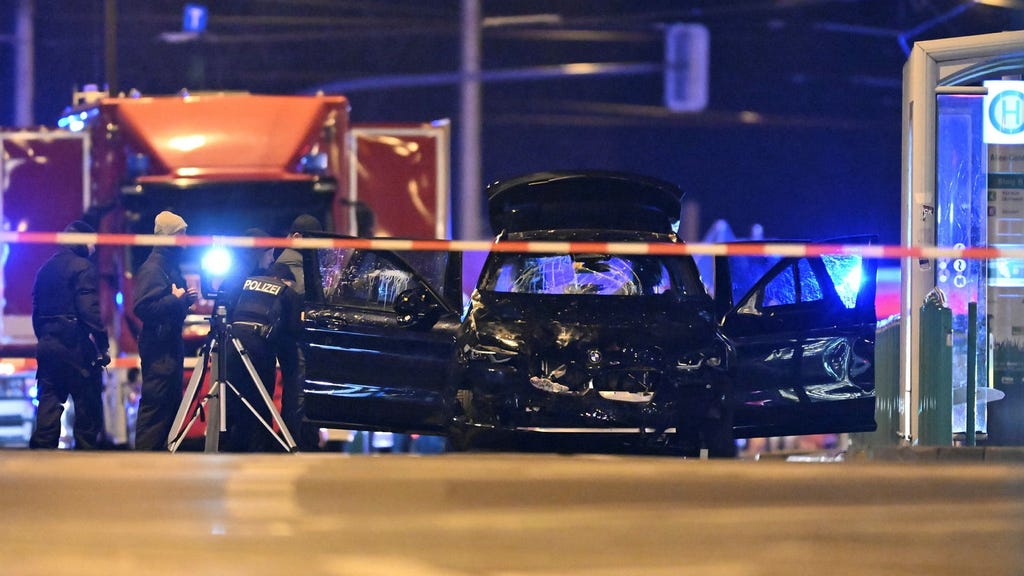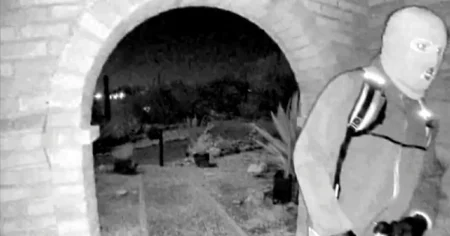The festive atmosphere of a Christmas market in Magdeburg, Germany, was shattered on a Friday evening when a car plowed into the crowd, leaving a trail of devastation. Two individuals, including a young child, lost their lives in the horrific incident, while 68 others sustained injuries of varying degrees. The attack sent shockwaves through the community and the nation, prompting immediate responses from authorities and expressions of grief from political leaders. Reiner Haseloff, the Minister-President of Saxony-Anhalt, where Magdeburg is located, addressed the public in a press conference, expressing his profound sorrow and condemning the senseless act of violence. He described each life lost as a terrible tragedy and an unbearable loss.
The perpetrator, identified as a man born in 1974 in Saudi Arabia, was apprehended at the scene by German police. Initial investigations suggested that he acted alone, with no apparent connections to extremist groups. Haseloff confirmed that the evidence pointed towards a lone wolf attack. Interestingly, the suspect’s background revealed a complex and seemingly contradictory profile. He worked as a doctor in a psychiatric ward for prisoners in Bernburg, a city located approximately 40 kilometers from Magdeburg. Contrary to expectations given the circumstances, reports indicated he had no affiliations with Islamist extremism and had, in fact, publicly criticized religion.
Further details emerged from German media, painting a picture of a man who identified himself as a staunch critic of Islam. He had sought asylum in Germany in 2006, expressing fears of persecution in his home country due to his atheism and outspoken criticism of Islam. He had also actively assisted other non-believers in seeking asylum in countries like Germany and Australia. A 2019 interview with the German newspaper FAZ, unearthed by Die Welt, revealed the extent of his anti-religious stance, with him describing himself as ”the most aggressive Islam critic in history.”
However, the narrative took a darker turn as investigations delved into the suspect’s online presence. Social media posts revealed a growing sense of paranoia and accusations directed at the German government and police. He claimed to have been subjected to harassment and dirty tactics by law enforcement, whom he accused of being the ”real driving forces behind Islamism in Germany.” His posts suggested a belief that his activism against Islam had made him a target. In a June post on X (formerly Twitter), he expressed support for the far-right Alternative for Germany (AfD) party, claiming they were needed to protect the police from a ”crazy” left.
Adding another layer of complexity to the already convoluted picture, the suspect’s online activity included reposting content from Salwan Momika, a Swedish individual known for Quran burnings. A chilling post from May hinted at a premeditated act, stating his intention to delay his own death to ensure ”justice is served at any cost.” This, combined with his accusations against authorities and expressions of paranoia, suggests a troubled individual harboring deep-seated grievances. The discovery of these online pronouncements raised crucial questions about the potential warning signs that may have been missed.
Adding to the international intrigue, reports surfaced indicating that Saudi Arabia had previously warned German authorities about the suspect. Reuters cited sources confirming the existence of this warning, but the specific timing and content of the communication remained undisclosed. This revelation raised further questions about the level of information sharing between the two countries and whether any actions were taken in response to the alleged warning. The incident in Magdeburg highlights the challenges faced by security agencies in identifying and addressing potential threats posed by individuals with complex motivations and backgrounds. The combination of personal grievances, ideological convictions, and online radicalization presents a significant hurdle in preventing acts of violence.














